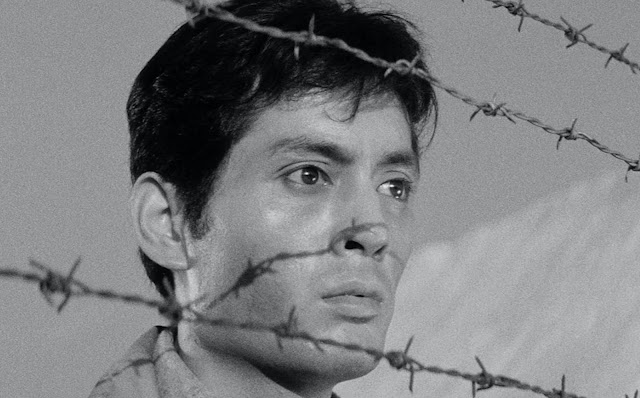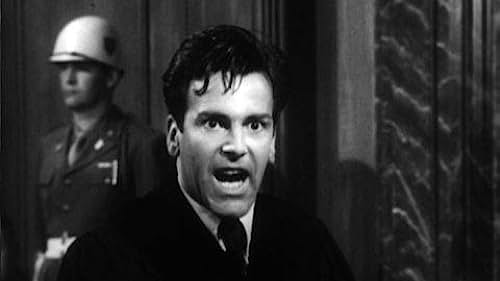The Human Condition Trilogy (1959 – 1961)
Despite having his first two works, No Greater Love and The Road to Eternity, at the dawn of the 50s, we have placed this trilogy as the beginning of the 60s so as not to saturate the previous list and because it is also the perfect entrance to these twenty years.
Directed by Masaki Kobayashi –one of the most unforgettable Japanese directors in history, with films to his credit such as Samurai Rebellion, The Afterlife, Harakiri, and the ones listed in question-, this trilogy introduces us to Kaji, a Japanese pacifist, who deals with to escape military service by taking a job as a labor supervisor in the mines of occupied Manchuria. Kaji is dedicated to improving the terrible working conditions of the inmates, being despised by the head of the concentration camp, until one day everything explodes. It should be noted that these three works, of around 200 minutes each -which adds up to approximately 10 hours of footage- inspired Stanley Kubrick to make Full Metal Jacket.
Two Women (1960)
First of all, we must remember that Vittorio de Sica is one of the most influential Italian directors to have engendered the Seventh Art. One of the fathers of Italian Neorealism, to his credit titles such as Bicycle Thief (1948) or Umberto D (1952).
In Two Women, de Sica would once again displays this neorealism -not as exhausted as in the previous ones filmed- and contextualizes the action in Italy, in 1943, during the nine months of the German occupation. Cesira is a woman who lives in Rome with her daughter Rosetta, a thirteen-year-old teenager. Given the progress of the war, she decides to flee the city and take refuge in the house of some of her relatives, settled in the mountains of Ciociaria, where she is very well received. There, Cesira meets Michelle, a young intellectual who wants to be a partisan and who, in love with the protagonist, tries to attract her to the cause of freedom.
Winners or losers? The Nuremberg Trial (1961)
Author of some noteworthy works such as Guess Who's Coming Tonight (1967) or The Inheritance of the Wind (1960), Stanley Kramer contributed his bit with a film about The Nuremberg Trial, in 1948.
Three years after the end of World War II, four judges, complicit in the Nazi policy of sterilization and ethnic cleansing, are going to stand trial in Nuremberg. A retired North American judge, Dan Haywood falls under the important responsibility of presiding over this trial against war crimes.
Ivan's Childhood (1962)
It is time to mention one of the most emblematic, legendary, and controversial directors in history: Andrei Tarkovsky. A true genius who left behind works that were as acclaimed as they were misunderstood, requiring more than a couple of viewings to fully understand them (and making use of a great cultural level).
In this case, we will refer to Iván's Childhood -his First Work by him-, a film set on the eastern front and starring Iván, a 12-year-old Russian boy whose parents died during the Nazi invasion, who works spying on the Germans. From there, he begins to fly the imagination.
The Great Escape (1963)
What to say about The Great Escape that hasn't been said by now? The work of John Sturges is, in its own right, one of the most notable films of World War II, even presenting certain parallels with some others discussed previously and focused on the prison drama.
A group of English and American officers, prisoners in a Nazi concentration camp, intend to organize an escape in which 250 prisoners will be involved. To carry out their plan they begin to dig three tunnels.













